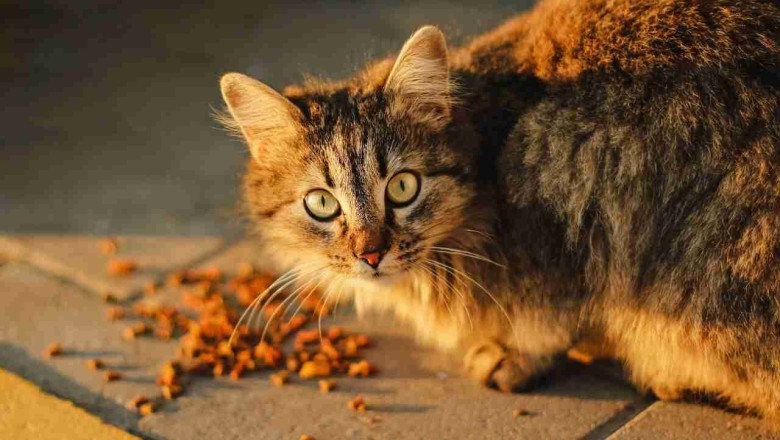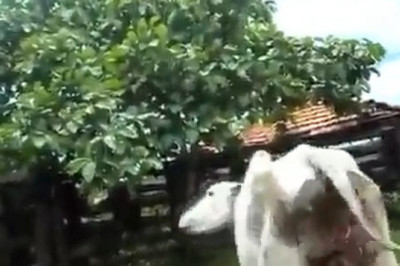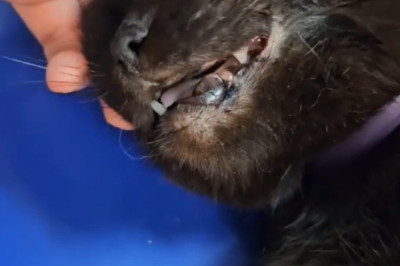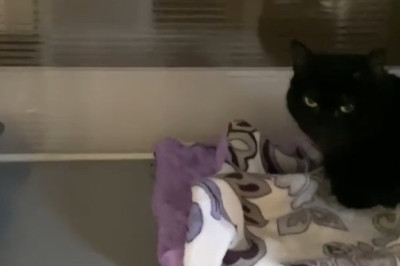The Impact of Overfeeding on Your Cat's Health: Insights from a Recent Study
Introduction
A new study conducted by researchers from the University of Illinois Urbana-Champaign highlights the potential consequences of overfeeding and excess weight on the health of our beloved feline companions. With a staggering 60% of cats in the U.S. being overweight, this study is shedding light on a prevalent issue that often goes overlooked.
The Study's Focus
Led by Kelly Swanson, the study aimed to address the lack of attention given to the adverse effects of overfeeding and weight gain in cats. While there have been numerous studies on weight loss in cats, this research focused on understanding the metabolic and gastrointestinal changes resulting from overconsumption and weight gain.
Research Methodology
Eleven adult female cats were recruited for the study. After a baseline period of two weeks, during which the cats were fed standard dry cat food, they were allowed to eat as much as they wanted for 18 weeks. The researchers collected blood and fecal samples at regular intervals and monitored the cats' physical activity throughout the study.
Results
The cats showcased a significant increase in food intake and gained weight rapidly. What began with an average body condition score of 5.41 on a nine-point scale escalated to 8.27 after just 18 weeks, representing a 30% excess weight, equivalent to the body mass index (BMI) for humans.
Key Findings
During the 20-week study, the researchers analyzed changes in fecal production, gastrointestinal transit time, digestive efficiency, and bacterial composition of the cats' microbiota. Notably, as the cats consumed more and gained weight, their gastrointestinal transit time decreased, accompanied by a reduction in digestive efficiency.
Explanation by Kelly Swanson
Kelly Swanson provided an explanation, stating, "When the body receives less food, it becomes more efficient in extracting nutrients. But when the amount of food increases, it passes through the digestive system more quickly, and fewer nutrients are extracted in the process." This discovery of altered gastrointestinal transit time highlights its potential contribution to changes in the cats' fecal microbiota.
Future Implications
Swanson emphasized the importance of considering gastrointestinal transit time in future studies to better understand the impact on pets' microbiomes. This study encourages a comprehensive approach to feline nutrition, promoting responsible feeding practices to prevent health issues associated with obesity.
Conclusion
As cat owners, it is crucial to be mindful of our cat's dietary habits. This study underscores the significance of balanced nutrition and controlled feeding to maintain optimal health in our furry friends. By understanding the impact of overfeeding on the digestive system and microbiota, we can take proactive steps to ensure our cats lead healthy and happy lives. With the feline obesity epidemic persisting, research like this serves as a valuable resource, promoting informed and responsible pet care practices.





















Comments
0 comment